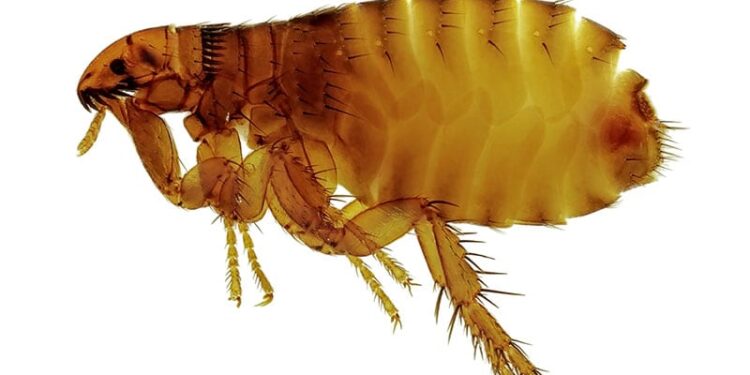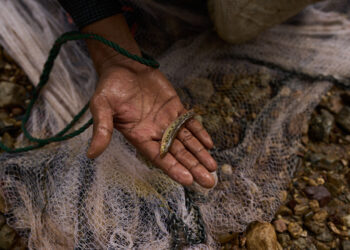Death from pneumonic plague was confirmed in a resident of Coconino County, Arizona, on July 11, 2025, according to a press release from the county’s health and human services department.
Although plague is rare in humans, it is endemic in the southwestern United States, and Coconino County Health and Human Services (CCHHS) maintains surveillance for the disease, according to the press release.
“The source of the exposure is still under investigation; however, the death is not related to a recent report of a prairie dog die-off in the Townsend Winona area, northeast of Flagstaff,” a media spokesperson from CCHHS told Medscape Medical News.
Prairie dogs are highly susceptible to plague but tend to die off quickly after an infection; they serve as an indicator species for the presence of plague, but not as long-term disease vectors, according to the press release. Plague was not found to be present in the prairie dog colony with the recent die-off, the spokesperson added.
The bacterium Yersinia pestis, the source of plague, originates in fleas and is transmissible to animals or humans through a bite from an infected flea, according to the CDC. Humans can get plague from handling infected animals as well. Plague cycles naturally among rodents in the wild, such as prairie dogs, but plague caused by bites is more likely to be bubonic plague or septicemic plague, according to the CDC. Pneumonic plague is spread by inhalation of bacteria-containing droplets and affects the lungs.
Notably, cats are highly susceptible to plague and can become infected by eating infected rodents, as well as from flea bites, according to the CDC. Cats with plague pose a risk of transmitting infectious plague droplets resulting in pneumonic plague to their owners or to veterinarians, according to the CDC.
In humans, plague symptoms usually appear within about a week of exposure and may include chills and fever, headache, weakness, and muscle pain, as well as swollen lymph nodes in some cases, according to the CCHHS press release.
Although the public health risk for plague remains low, Arizona public health officials recommend standard precautions such as avoiding contact with wild animals and fleas and seeking prompt veterinary care for sick pets. Officials also recommend removing piles of brush, rocks, trash, or lumber from homes and outbuildings because these could promote rodent infestations.
Source link : https://www.medscape.com/viewarticle/pneumonic-plague-death-confirmed-arizona-2025a1000ip4?src=rss
Author :
Publish date : 2025-07-15 12:32:00
Copyright for syndicated content belongs to the linked Source.








